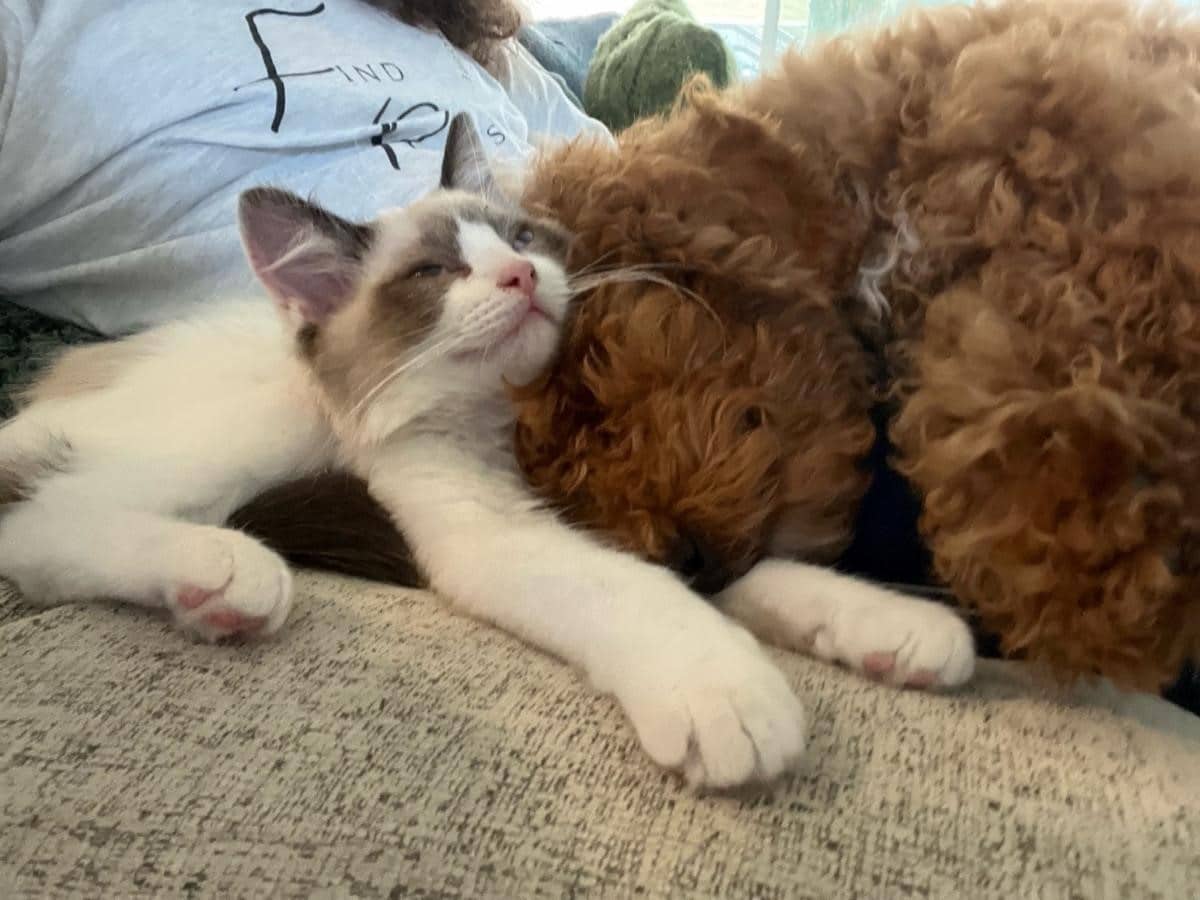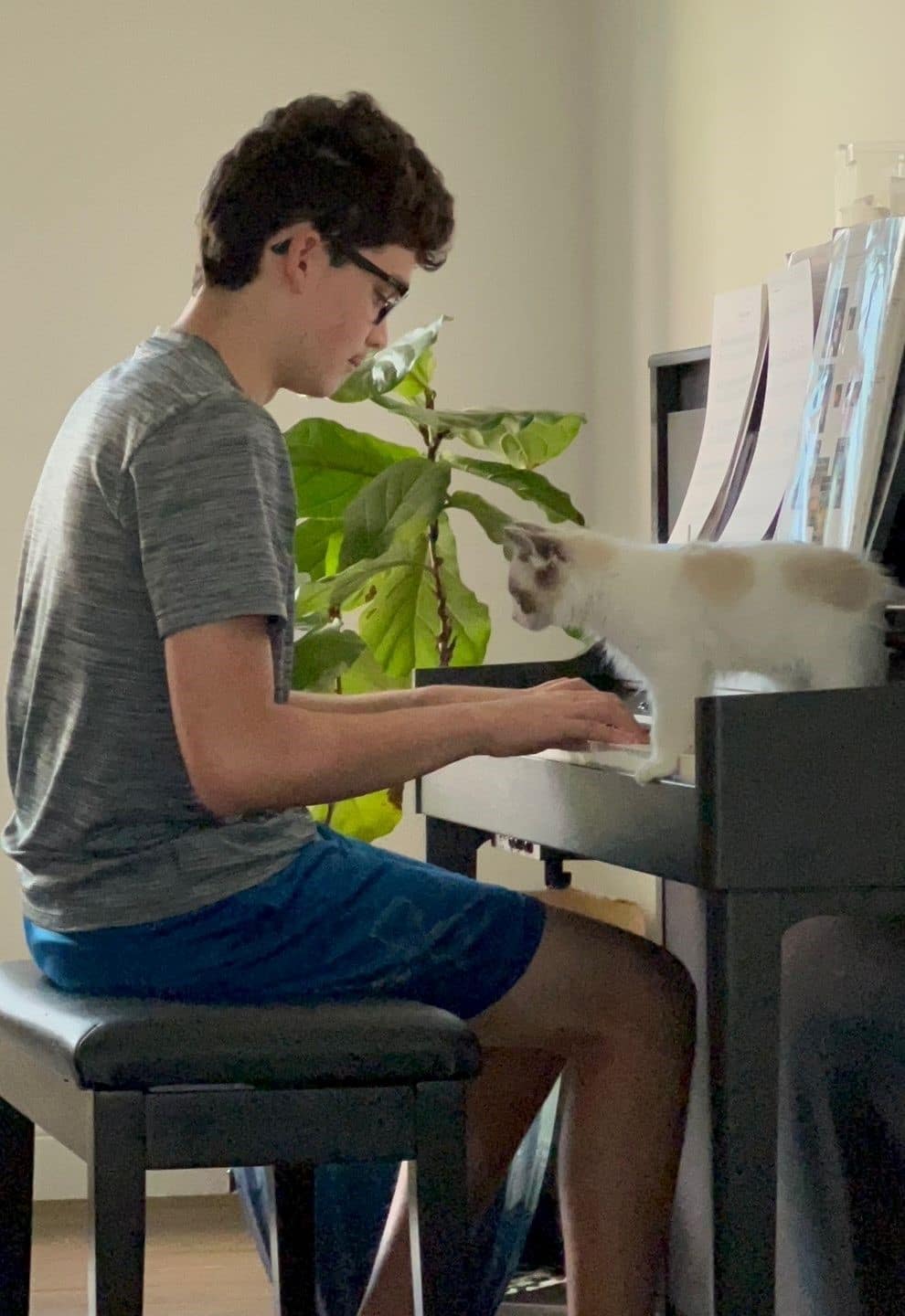Jimmy and Roberta Miller, recently retired, were having coffee on their lanai. The house next door had a “For Sale” sign in the front yard; their neighbors were moving up to North Carolina to be closer to the kids. “They are asking $500,000 for that place!” Roberta said in amazement. “These houses were selling for $300,000 last year. What is happening?” Jimmy responded, “If you suddenly realized that you could work from home, anywhere in the country, why would you stay in Buffalo or North Dakota or Omaha?” “Good point,” Roberta said. “We own this house free and clear. It’s more updated than the neighbors and we have a better lot. I bet we could get $500,000 easily,” Roberta said. “There are so many things we could do with that money. We are 65 years old. I imagine that over the next ten years we will spend a lot of money on fun things that we’ve worked for. How do we get access to that money?” “We could downsize to a smaller place. It would be a shame though, we have this house just the way we want it. Not to mention that townhome and condo prices are going through the roof as well,” Jimmy said. “I agree,” Jimmy said, nodding. “Your buddy Nick used to be a banker, right?” Roberta asked. ‘Why don’t you ask him what we should do.” Jimmy called up Nick and explained his situation. Nick told him, “Jimmy, you really have three options. You can get a home equity line of credit, a cash-out refinance, or a reverse mortgage.” “Can you explain the pros and cons?” Jimmy asked. “Sure thing,” Nick replied. Nick went over their options. 1. They could get a home equity line of credit. Most banks are willing to open a line of credit up to 80% of your loan to value (LTV). Since their house is worth $500,000, they could open a line of credit for around $400,000 (80% of $500,000). The money can be used for anything. Maybe they want to do home renovations or pay off credit card debt. Once the credit line is open, the Millers don’t need to take out any money if they don’t want to. Once they do, they will need to start making payments. Most HELOCs give an “interest-only” option. The Millers don’t need to pay down the principal of the loan. They only have to pay the interest. The interest is based on the prime rate. Usually, the terms of the loans say something like: Your interest rate is prime + 1%. The prime rate is an interest rate determined by individual banks. It is often used as a reference rate (also called the base rate) for many types of loans. The prime rate is currently 3.5%, so if the Millers got a HELOC with a prime + 1.25% loan, the interest rate would be 4.75%. “You need to be careful with HELOCs, though,” said Nick. “Most utilize variable rates. This means that if the prime rate increases, your interest rate increases. Just for a point of reference, in 2007, the prime rate was 7.5%. “And remember that if you don’t make your HELOC payments, the bank has the option of foreclosing on your home.” 2. They could do a cash-out refinance. This simply means that they get a new mortgage on the home. Generally, a homeowner can get 80% of the equity from the property. So if Jimmy and Roberta refinanced their home, they would need to get a mortgage on the $400,000 (80% of their equity). Now they are paying on a $400,000 mortgage which in today’s rate environment would cost about $2,000 a month. So, in this example, Jimmy and Roberta took $400,000 of tax-free cash in their bank account and started paying $2,000 a month on their new mortgage. Nick explained, “This can be a powerful way to get money out of your home. Usually, whenever one of my clients dies, the kids get the house, sell it, and split the proceeds. Do you care if your kids get a fully paid-off house, or would you rather enjoy that money/equity while you’re alive?” Of course, the Millers would now have a mortgage again. Many people don’t like that idea at all. But it can make sense for some. Another complicating factor is that interest rates are rising. So they would be getting a loan with an interest rate of 5% or more. 3. They could get a reverse mortgage. Nick went on, “When I say “reverse mortgages” to people, I get very emotional reactions. People sitting across the desk from me cross their arms and proclaim, ‘There is no way I would ever do that. It is a scam and I could lose my house!’ “The truth is, reverse mortgages are backed by the federal government. They’ve gotten a bad name, but they are definitely something you may want to consider.” In Jimmy and Roberta’s situation, the reverse mortgage bank might offer a $300,000 payout. They would then have a $300,000 debt that they never need to pay back. The debt keeps growing because the reverse mortgage bank is charging an interest rate. When the Millers die or sell the home, they (or their kids) pay what is owed, and pocket the rest. If the home is worth less than the loan, it’s not their problem. The bank will have to eat the loss. “Is the money I get from the reverse mortgage taxed?” Jimmy asked. “No,” said Nick. “Can the bank cancel the loan and ask for all the money back?” Again, the answer was no. “Can I get a reverse mortgage if I still have a mortgage on my home?” “Yes.” “How much will the bank give us? How do they determine the payout?” Jimmy asked. “It mostly depends on your age,” explained Nick. “One spouse must be at least 62 years old.” Jimmy and Roberta hung up the phone. “I guess we have a lot of options,” Roberta said. “Has there ever been a time in the history of real estate where properties doubled or tripled in value in less than a year? I’m glad we’re not moving down here to buy a house right now!” Be Blessed, Dave | 


